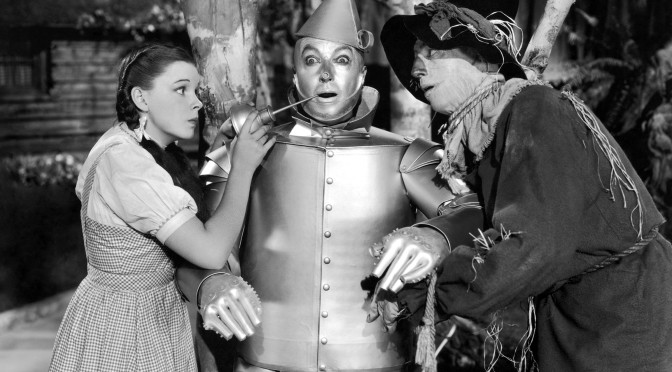On Wednesday, my Facebook friend Antony Davis posted an excellent comparison in a status update that I had to share because I thought it was too good to ignore:
“Liberals see government as a complement to community. Libertarians see government as a substitute for community. So when liberals say “government should care for the poor,” and Libertarians say, “government should not care for the poor,” they are both saying that we should care for the poor.”
He posted a comment afterwards that I also thought was too good to get lost on a Facebook Timeline:
“This is the sort of thing we must stop doing: liberals characterizing libertarians as heartless, and libertarians characterizing liberals as brainless.
To be complete humans, our hearts and brains must work together. Without the former we are machines. Without the latter, we are mere animals.
Some Liberals are indeed brainless, just as some Libertarians are heartless. In both cases, they are minorities who should be ignored.”
This is something that I’ve noticed for a very long time (as in: my entire life) in the corridors of communication between and about liberals and libertarians: a lack of understanding of each other’s terms. To top it off, it often feels like there’s a willful desire to be misunderstood.
* * *
So, in the interest of terminology: I’m going to start by telling you that I dislike calling liberals “liberals” for dozens of reasons (one being that I refer to myself as a Classical Liberal) but I’m going to go ahead and accept the term here as being somebody who wishes to advocate progressive policies by government with the intended consequence of making a more equal and just world in their eyes. That’s the general definition I’m using here, for clarity’s sake. Some of my libertarian friends prefer the term “statist”, which also displeases me, as it’s tremendously divisive and doesn’t foster respectful communication. So, “liberal” is the word, and the working definition is as stated above.
The word “libertarian” in this instance is going to apply to anybody who is at least aware of and somewhat guided by the non-aggression principle (the NAP).
Now that we’re defined our terms, let’s talk about how we respond to them:
An excellent example here is the knee jerk reaction of libertarians to the liberal proposal that “we should do something” is immediately equated to a proposal that the government must do something. If a liberal ever says the slightest hint of “but, how will we help the [insert oppressed group here]?” a libertarian instantly assumes that government is the proposed answer (it might be) and rails against that with such fervor that it scares the shit out of the liberal.
Ironically it’s what causes more people to feel government must because people freely won’t. Continue reading To Win Hearts & Minds

